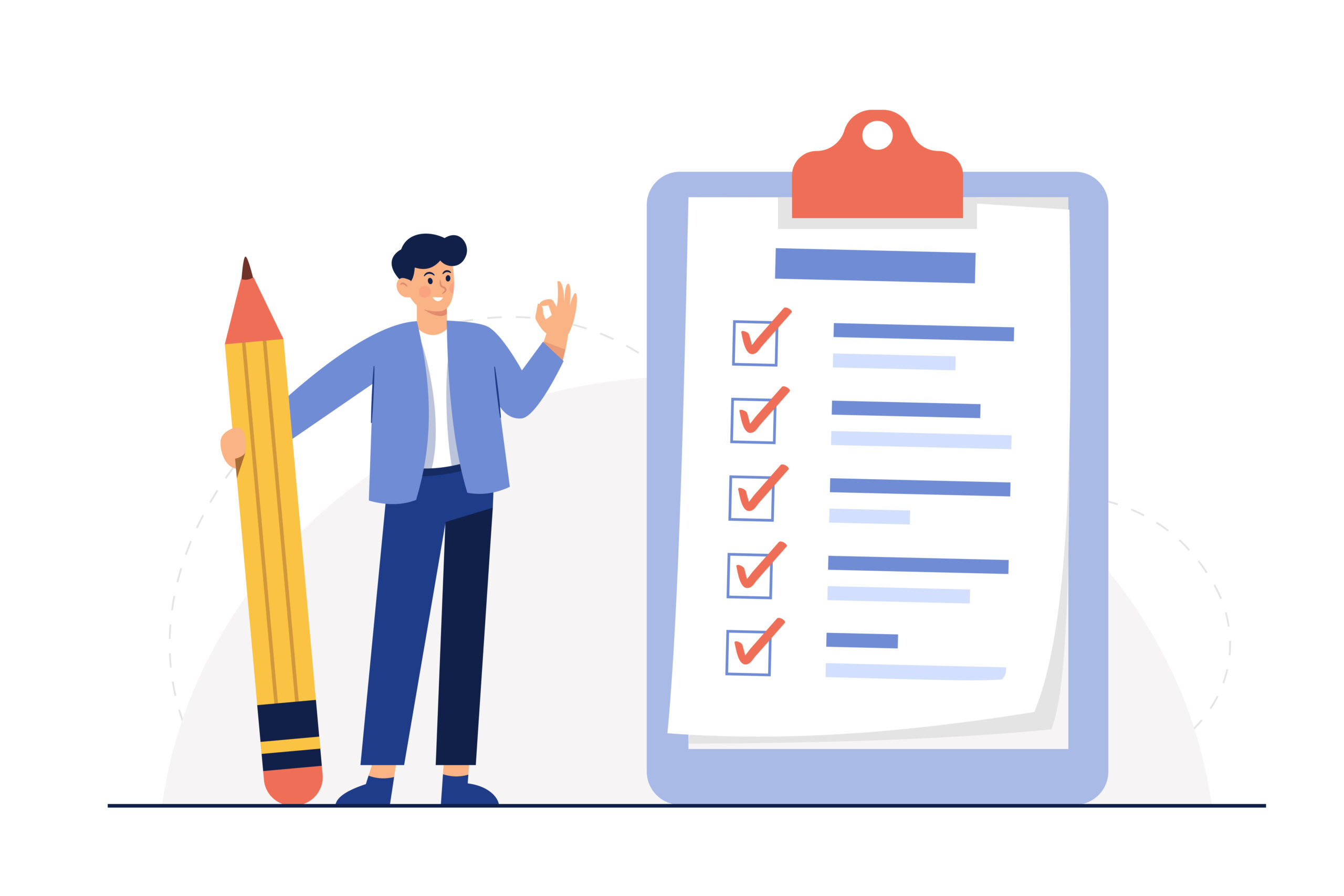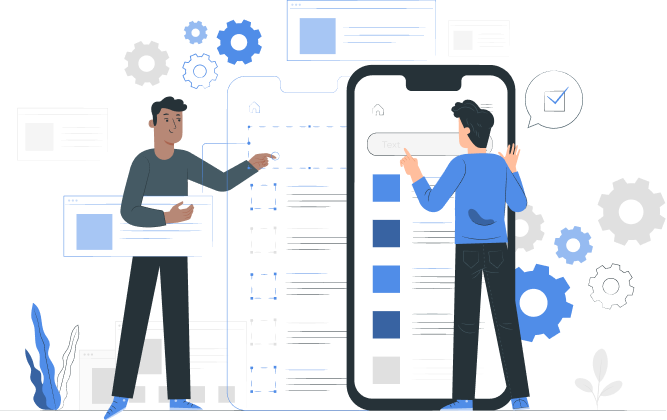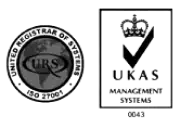As businesses grow and evolve, their legal needs become increasingly complex, and it becomes necessary to prioritize them effectively. But how do you know where to start with so many different areas of legal expertise to address? In this post, we will discuss how to identify and categorize your legal needs based on urgency and impact. We will also explore the role of outside counsel in achieving business goals and provide steps for leveraging outside counsel for increased workloads.
We’ll also discuss navigating priorities confidently using outside counsel and leveraging legal tech to manage multiple priorities. By the end of this blog, you will have a clear understanding of how outside counsel can be an invaluable asset in driving your legal team’s success.
Identifying Your Legal Needs

To effectively manage multiple priorities, it is crucial to identify your organization’s legal needs. Begin by evaluating all the legal matters within your organization and determine areas that require attention. Conduct a comprehensive audit of your legal workload to assess the scope of work and get a clear understanding of the volume of tasks. Once you have identified your legal needs, prioritize the tasks based on their impact on the organization.
By utilizing metrics, such as the criticality of issues or potential risks involved, you can objectively determine the order in which tasks should be addressed. Additionally, consider outsourcing certain legal matters to external law firms or outside counsel. This can help maximize efficiency and alleviate the workload on your in-house counsel or legal department. By identifying your legal needs and strategically prioritizing them, you can effectively manage multiple priorities and ensure that your organization’s legal requirements are met.
Assessing Your Organization’s Legal Requirements
To effectively manage multiple priorities, it is crucial to assess your organization’s legal requirements. Begin by identifying the critical legal issues that directly impact your organization. Evaluate the workload of your in-house team and determine if seeking assistance from outside counsel is necessary. Assess the specific expertise required for handling these legal matters, whether it’s corporate law, email communication, or other critical issues.
Additionally, consider the long-term impact of these tasks on your organization. Establishing clear communication channels with outside counsel will ensure seamless collaboration and efficient resolution of legal matters. By taking these steps, your organization can leverage the expertise of outside lawyers and law firms, allowing your in-house counsel and legal departments to focus on crucial business objectives. A strategic assessment of your legal requirements will enable you to prioritize effectively and manage multiple priorities with the utmost professionalism and confidence.
Related Article: General Counsel Role: Leading Corporate Strategy
Categorizing Priorities Based on Urgency and Impact
Categorizing priorities based on their urgency and impact is a crucial step in effectively managing multiple tasks. As a legal professional, it’s essential to prioritize legal tasks based on their urgency and importance. Assessing the potential impact of legal matters on your organization’s goals helps you allocate resources efficiently.
One effective method for prioritizing tasks is to use categorization methods such as quadrants. By classifying tasks into different quadrants based on their urgency and impact, you can gain a clear understanding of which tasks require immediate attention and which can be addressed later.
When assigning priorities, it’s important to consider the strategic priorities of your organization. Aligning legal tasks with the overall goals of the business ensures that you are focusing on the most critical issues.
Additionally, clear communication is key when it comes to the prioritization process. Make sure to communicate the process to your legal team so that everyone is on the same page and understands how tasks are being assigned.
By categorizing priorities based on their urgency and impact, you can effectively manage multiple tasks and ensure that you are addressing the most critical issues first.
Aligning Legal Objectives with Business Goals

To align legal objectives with business goals, it is crucial to have a deep understanding of your organization’s objectives and goals. By identifying how legal objectives can support and enhance these goals, you can effectively prioritize and strategize. Collaboration with outside counsel is key in this process, as they can provide valuable insights and expertise to align legal strategies with business goals. Regularly reviewing and reassessing the alignment of legal and business objectives ensures that they remain aligned over time.
Fostering a culture of collaboration between the legal team and other departments promotes synergy and facilitates the achievement of shared goals. By integrating legal objectives with the broader business framework, organizations can leverage outside counsel to effectively manage multiple priorities and drive success.
The Role of Outside Counsel in Achieving Business Goals
Leveraging the expertise of counsel is crucial in achieving your organization’s business goals. By engaging outside counsel, you can tap into specialized legal knowledge that may be outside your in-house team’s expertise. This allows you to receive objective advice and guidance, ensuring that critical issues are handled with precision and efficiency. Additionally, outside counsel often have access to a vast network of resources, which can be instrumental in supporting strategic initiatives.
To achieve the desired outcomes, transparent and clear communication between in-house and outside counsel is essential. By working together as a cohesive unit, your organization can leverage the expertise of outside counsel to effectively manage multiple priorities and achieve its business goals.
Related Article: Top Contract Management Tips For Legal Professionals
Steps to Leverage Outside Counsel for Increased Workloads

To effectively leverage outside counsel for increased workloads, it is essential to build strong relationships based on trust and collaboration. Clearly define the scope of work and expectations with your outside counsel to ensure alignment and minimize misunderstandings. Regular communication and updates are crucial in keeping outside counsel informed about ongoing matters. This helps them provide timely and accurate advice tailored to your specific needs.
Ensure the quality and consistency of legal services provided by conducting periodic reviews and evaluations of their performance. This evaluation process will help you identify areas for improvement and maintain high standards of service. By following these steps, you can effectively leverage counsel to manage multiple priorities and achieve optimal results.
Building Strong Relationships with Outside Counsel
Fostering open and transparent communication with outside counsel is crucial for building strong relationships. By establishing regular meetings and check-ins, you can maintain a strong working relationship with them. It’s important to provide timely feedback and address any concerns promptly, as this shows your commitment to the partnership. Collaborating with counsel to develop customized service offerings demonstrates your willingness to work together and meet your specific needs.
Cultivating a partnership mindset is key to long-term success. This means viewing outside counsel as an extension of your team and treating them as trusted advisors. By following these strategies, you can build strong relationships with counsel that enhance your legal operations and drive your organization’s success.
Effectively Delegating Tasks to Outside Counsel
To effectively delegate tasks to outside counsel, it is essential to determine which legal tasks can be entrusted to them. By clearly communicating expectations and deadlines, you can ensure that they understand their responsibilities. Providing all necessary information and documentation to outside counsel allows for the efficient execution of the tasks at hand. It is important to regularly review the progress and status of delegated tasks to stay informed and address any issues promptly.
To foster a collaborative approach, communication between in-house and counsel is key. This ensures that both parties are aligned and working together towards a common goal. By effectively delegating tasks, you can leverage the expertise of outside counsel to manage multiple priorities and achieve optimal results.
Ensuring Consistency and Quality in Legal Services
To ensure consistency and quality in legal services, it is crucial to establish clear guidelines and standards for the work performed by outside counsel. Regularly reviewing the quality of the legal services provided by these firms is also essential. Implementing processes for feedback and improvement based on client satisfaction helps address any concerns and ensures continuous enhancement.
Maintaining open lines of communication regarding any issues or concerns with counsel fosters transparency and strengthens the working relationship. Additionally, fostering a culture of continuous improvement and learning within the legal department encourages the development of best practices and drives overall excellence. By focusing on these aspects, law departments can leverage outside counsel effectively, aligning their services with business goals and driving success in the long term.
Regular Communication and Reporting with Outside Counsel
Regular communication and reporting with outside counsel is crucial for effectively managing multiple priorities. To ensure seamless collaboration, it is essential to establish a communication plan that outlines the frequency and mode of updates from the law firm. Timely reports and updates on ongoing legal matters should be requested, enabling the in-house counsel to stay informed about the progress and any critical issues.
It is equally important to communicate any changes in priorities or business goals to counsel so they can align their efforts accordingly. Proactive communication is encouraged, allowing early identification of potential obstacles and addressing them promptly. By fostering a collaborative approach to problem-solving, both in-house and outside counsel can work together effectively, contributing their expertise to achieve desired outcomes.
Related Article: How To Manage Contracts Efficiently: Best Practices
Navigating Priorities with Confidence Using Outside Counsel

Efficiently managing your workload is crucial in today’s fast-paced legal landscape. That’s where outside counsel comes in. With their expertise, they can provide valuable legal support to assist you in meeting your organization’s strategic priorities. By leveraging counsel, you can confidently handle urgent and critical legal matters, knowing that you have a knowledgeable team on your side. Not only do they bring a fresh perspective to your legal department, but they also bring best practices from their experience working with other clients.
Delegating certain legal tasks to counsel allows you to gain transparency and clarity, freeing up your time to focus on high-priority initiatives. Partnering with a reliable law firm and establishing a strong relationship with outside lawyers can effectively streamline your workload and ensure that you navigate your priorities with confidence.
What Does Effective Priority Management Look Like?
Effective priority management in legal tasks involves strategically prioritizing based on risk and importance. Utilize real-time data and metrics to track progress and prioritize work efficiently. Ensure compliance with legal obligations through a clear privacy policy. Minimize interruptions to improve time management. Collaborate with outside counsel to align corporate work with board goals.
Leveraging Legal Tech to Manage Multiple Priorities

Explore innovative legal tech solutions to streamline workload and handle multiple priorities efficiently. By utilizing legal tech tools, you can improve process efficiency and automate routine tasks, freeing up valuable time for high-value work. Legal tech also enables better communication and collaboration with outside counsel, enhancing the overall workflow. With customized workflows and task prioritization, legal tech helps ensure that critical issues are addressed promptly.
By leveraging legal tech, law departments can effectively manage their workload and optimize their resources. This enables general counsel and in-house counsel to focus on strategic initiatives and align them with corporate goals. Embracing legal tech solutions not only enhances productivity but also brings long-term benefits to both in-house counsel and outside lawyers. It facilitates seamless communication, boosts efficiency, and ensures that legal teams are well-equipped to tackle challenges with confidence.
How Can Legal Tech Be a Value Driver for Your Organization?
Enhance decision-making with insights and analytics from legal tech. Optimize outside counsel selection and cost management using technology. Improve risk management, compliance, and intellectual property management through tech-driven solutions. Integrate legal tech into existing systems for maximum value.
Frequently Asked Questions
How Can Outside Counsel Help in Driving Your Legal Team’s Success?
Outside counsel plays a crucial role in driving your legal team’s success. They bring specialized expertise, handle overflow work, and provide support during peak periods. Collaborating with counsel helps develop effective legal strategies and leverage their experience for better outcomes.
What are some common challenges in managing priorities with outside counsel?
Common challenges in managing priorities with outside counsel include communication breakdowns, conflicting expectations and goals, and lack of clarity on timelines, budget, and resources. Overcoming these challenges requires regular check-ins, setting clear expectations, and effective communication.
What factors should be considered when prioritizing legal tasks?
Factors to consider when prioritizing legal tasks include urgency, importance, potential impact on the business, complexity, and required resources. Effective communication with outside counsel can help ensure the efficient completion of tasks.
How can outside counsel help prioritize legal tasks and projects?
Outside counsel plays a crucial role in prioritizing legal tasks and projects. They bring a fresh perspective and objective analysis to identify urgent tasks and allocate resources efficiently. By considering the potential impact on the business, counsel helps ensure that essential tasks are completed effectively.
What are some benefits of working with outside counsel to prioritize legal tasks?
Working with outside counsel offers several advantages in prioritizing legal tasks. They bring a fresh perspective, helping identify urgent matters that require immediate attention. By collaborating with external experts, internal resources are freed up to focus on other important business tasks. This ensures efficient and effective handling of legal responsibilities.
Conclusion
In conclusion, prioritizing legal needs can be a complex task, especially when facing increased workloads and multiple priorities. However, with the help of outside counsel, you can effectively navigate these challenges and align your legal objectives with your business goals. Building strong relationships with outside counsel and effectively delegating tasks are crucial in leveraging their expertise and ensuring consistency and quality in legal services.
Regular communication and reporting with outside counsel also play a vital role in managing priorities with confidence. Additionally, leveraging legal tech can be a valuable driver for your organization, enabling you to streamline processes and manage multiple priorities more efficiently. With the support of outside counsel, you can drive your legal team’s success and achieve optimal results for your organization.





